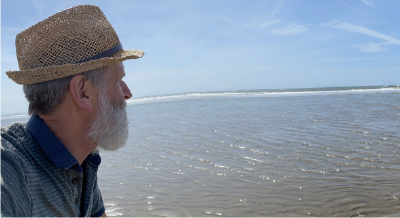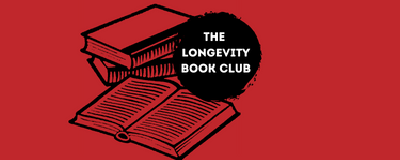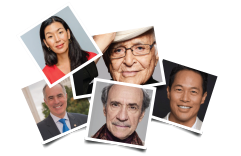Century-long lives are here. We're not ready.
Increased longevity, one of the most profound transformations of the human experience, calls for equally momentous and creative changes in the ways we lead these 100-year lives, at every stage. We can meet challenges that longevity creates if we act now. The New Map of Life envisions a future in which all people, regardless of socio-economic status, can make the most of the advantages afforded by increased life span—resulting in lives infused at every stage with a sense of belonging, purpose, and worth. Learn more
Featured Research
 Older Adults as a Solution for Early Childhood Education Gaps is a Win-Win
Older Adults as a Solution for Early Childhood Education Gaps is a Win-Win
In her compelling testimony before the California State Assembly, Carol Larson, Consulting Senior Research Scholar at SCL, unveiled a win-win strategy: utilizing the wealth of experience and availability of older adults to address the shortage of educators in preschool and infant-toddler care. With insights from extensive research and focus groups, Larson champions intergenerational collaboration, highlighting the benefits for both younger and older individuals. Read more
 Insights from Stanford Professor Nilàm Ram on the Shifting Perceptions of Old Age
Insights from Stanford Professor Nilàm Ram on the Shifting Perceptions of Old Age
New research reveals that perceptions of old age have evolved over time. Analyzing data from over 14,000 German adults across several decades, an international team of researchers, including SCL Co-Director Nilàm Ram, has identified a trend toward postponing the perceived onset of old age. The study highlights the influence of gender differences and societal changes on this shift, underscoring the complex nature of age perception. Read more
 Century Lives Season 6: “The Century Club”
Century Lives Season 6: “The Century Club”
The U.S. is often called the “most age-segregated society ever.” In the final episode of Century Lives: The Century Club, Ken travels the world exploring intergenerational connections. He’s serenaded by the oldest and youngest Spaniards and witnesses Singapore’s leading effort to build an intergenerational society. By the end, Ken finds his ikigai.

October 23: A conversation with Russ Hill
Prepare for a dynamic future with insights from the Stanford Center on Longevity’s New Map of Life. On October 23rd, join Halbert Hargrove’s Executive Chairman, Russell T. Hill, as he reveals how anyone—at any age—can optimize their life journey in a constantly evolving world. Learn how to improve your odds of living a fulfilling life today and tomorrow by embracing a new approach to the American Dream.
Making an Impact
 THE NEW MAP OF LIFE FELLOWS PROGRAM
THE NEW MAP OF LIFE FELLOWS PROGRAM
The New Map of Life (NMOL) Fellows Program unites advanced scholars from diverse disciplines to explore innovative ways to reshape the life course as envisioned by NMOL. Through rigorous research, fellows collaborate with faculty advisors to address critical questions in their fields, generating insights that influence policies, interventions, products, and strategies to help people thrive throughout longer lives.

LONGEVITY DESIGN CHALLENGE
Now in its 10th year, the Stanford Center on Longevity Design Challenge is an annual global competition that provides promising designers with a path to drive change in the world.

CENTURY SUMMIT
In this annual convening, we ask smart, creative and innovative people tough questions surrounding the quest for healthier, happier, and more productive life spans.

LONGEVITY TRANSITIONS SALONS
The Longevity Transitions Salon series features leaders from a wide range of fields who created new career paths and continue their contributions to society.
Changing the Narrative
SCL continues to a be a leader in the public discussion on the issues of longevity. We are the ‘go-to’ for journalists working at major outlets across the country—and around the globe. Below are just a few of the articles in which SCL experts and reports were recently quoted and/or cited.
STAY INFORMED
Subscribe to our Longevity Briefing newsletter

By submitting this form, you are consenting to receive marketing emails from: . You can revoke your consent to receive emails at any time by using the SafeUnsubscribe® link, found at the bottom of every email. Emails are serviced by Constant Contact











